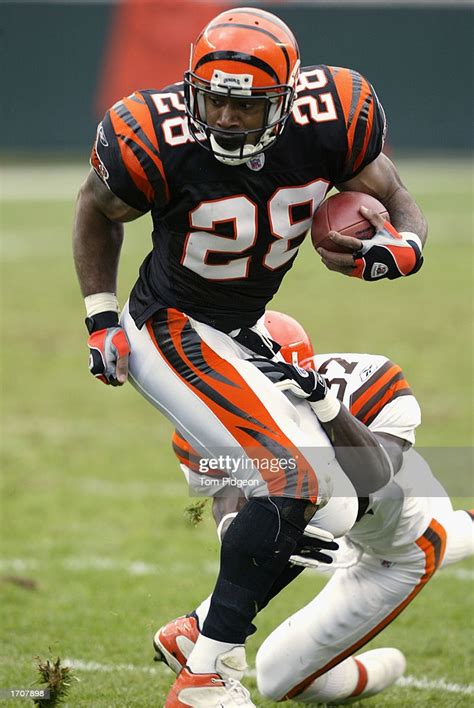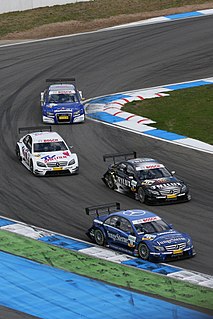A Quote by Benjamin Graham
The determining trait of the enterprising (or active, or aggressive) investor is his willingness to devote time and care to the selection of securities that are both sound and more attractive than the average.
Related Quotes
I believe-and human psychologists, particularly psychoanalysts should test this-that present-day civilized man suffers from insufficient discharge of his aggressive drive. It is more than probable that the evil effects of the human aggressive drives, explained by Sigmund Freud as the results of a special death wish, simply derive from the fact that in prehistoric times intra-specific selection bred into man a measure of aggression drive for which in the social order today he finds no adequate outlet.
The individual investor should act consistently as an investor and not as a speculator. This means ... that he should be able to justify every purchase he makes and each price he pays by impersonal, objective reasoning that satisfies him that he is getting more than his money's worth for his purchase.
Most women without children spend much more time than men on housework; with children, they devote more time to both housework andchild care. Just as there is a wage gap between men and women in the workplace, there is a "leisure gap" between them at home. Most women work one shift at the office or factory and a "second shift" at home.
Another way to test hypotheses about adaptation is to consider trait variation across a group of species instead of focusing on the trait of a single species. Rather than seeking to explain why polar bears have fur of a certain thickness, one tries to explain why bears in colder climates have thicker fur than bears in warmer climates. The former problem is hard to solve, since it is hard to say exactly what fur thickness polar bears should have if natural selection guided the evolution of that trait.
A price decline is of no real importance to the bona fide investor unless it is either very substantial say, more than a third from cost or unless it reflects a known deterioration of consequence in the company's position. In a well-defined bear market many sound common stocks sell temporarily at extraordinary low prices. It is possible that the investor may then have a paper loss of fully 50 per cent on some of his holdings, without any convincing indication that the underlying values have been permanently affected.

































